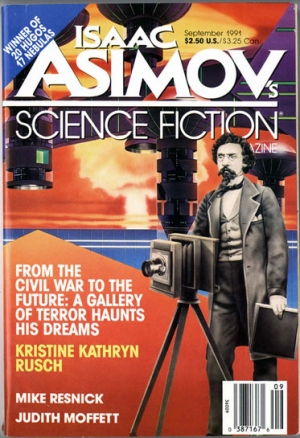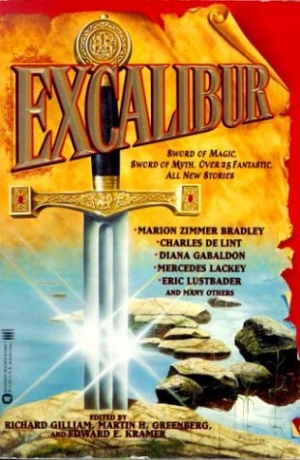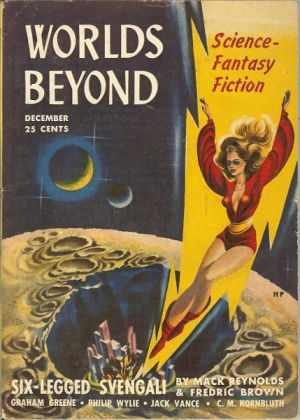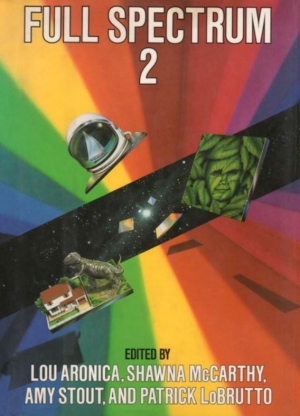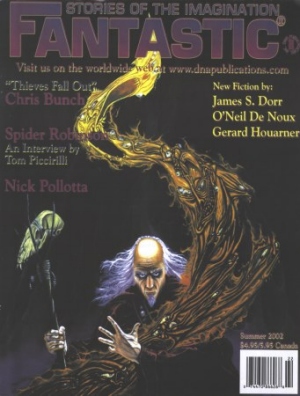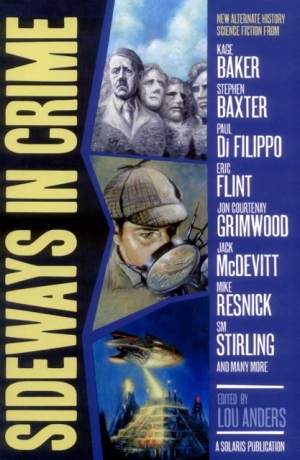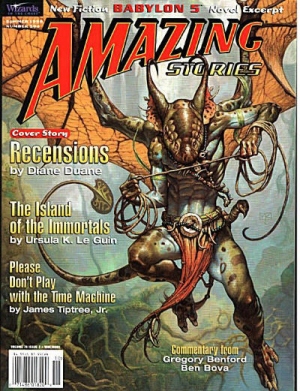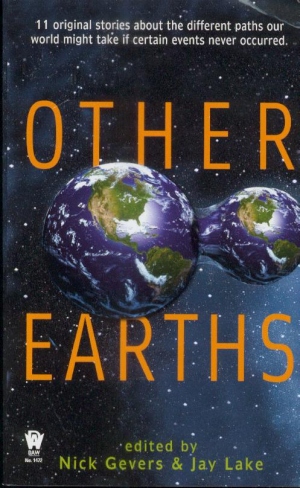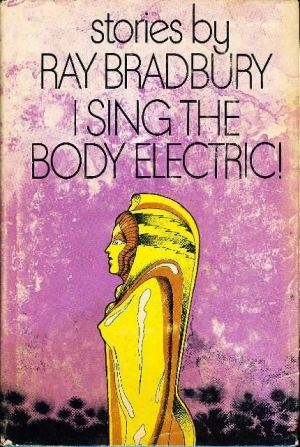Birthday Reviews: Steve Perry’s “A Few Minutes in the Plantation Bar and Grill Outside Woodville, Mississippi”
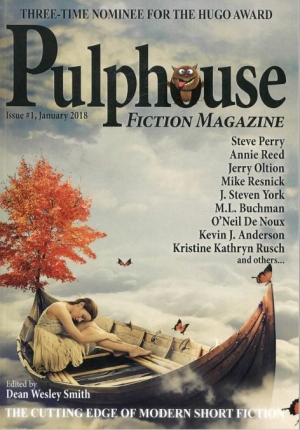
Steve Perry was born on August 31, 1947.
He has written novels in his Matador series and several stand-alone novels as well as the novelizations of Titan A.E. and Men in Black. He has also written books set in the Star Wars and Aliens universes and has collaborated with J. Michael Reaves, Gary A. Braunbeck, Dal Perry, Larry Segriff, and S.D. Perry, his daughter. Steve Perry is not the same Steve Perry who wrote for Thundercats.
Perry’s “A Few Minutes in the Plantation Bar and Grill Outside Woodville” was published in January 2018 in the first issue of the revamped Pulphouse Fiction Magazine, edited by Dean Wesley Smith. Only published earlier this year, the story has not, of course, been reprinted elsewhere.
Deals with the Devil stories are common in science fiction and fantasy to the extent that in 1994, Mike Resnick, Loren D. Estleman, and Martin H. Greenberg edited an anthology entitled Deals with the Devil. One of the things they all seem to have in common is an urbane Lucifer who is trying to trick someone into selling their soul, often without knowing it, in return for dreams coming true. Sometimes people accept the offer, other times, they don’t. Perry’s “A Few Minutes in the Plantation Bar and Grill Outside Woodville” follows the standard offer model.
This is Perry’s fourth story in his “A Few Minutes” series of stories, three of which appeared in Pulphouse (The off-one out appeared in The Magazine of Fantasy and Science Fiction). This story has the Devil approach an aging blues guitarist who is playing in small rooms around the south. He makes his standard offers, but each are rejected. The musician is old and points out that George Harrison left money behind when he died, his career is successful enough for him and at more than seventy he doesn’t have a lot of time left. The Devil becomes more and more insistent in his offers, but is ultimately rejected when Perry provides an interesting twist to the standard story.
